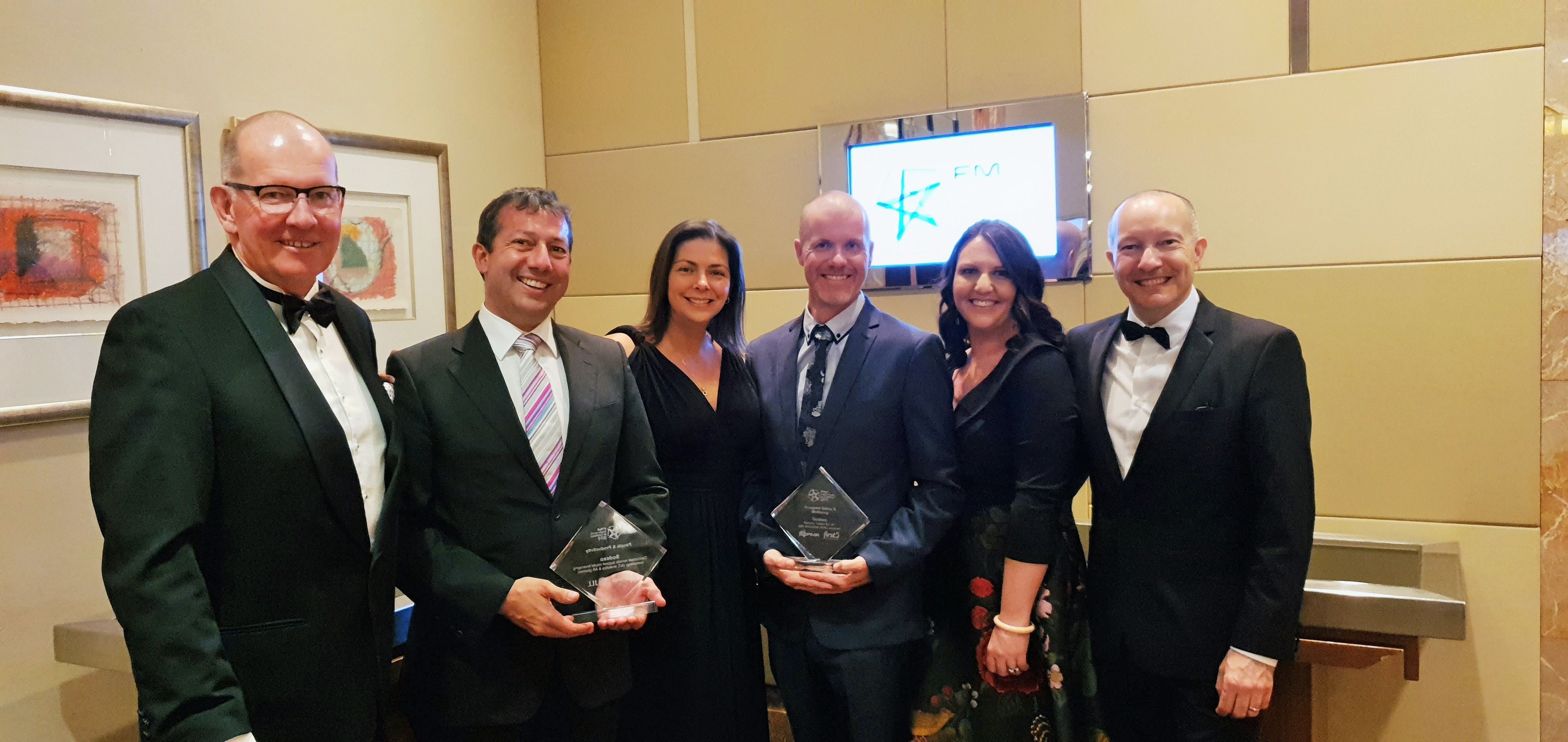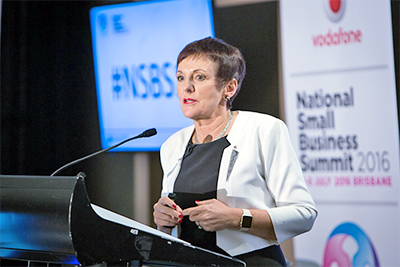IPA warns employers about 'now lost' superannuation loophole
The Institute of Public Accountants (IPA) has issued a warning to employers that a loophole, which has seen wage theft in relation to superannuation guarantee (SG) rules in the past, is no longer.
“The IPA had originally advocated for the measure to be brought forward from its proposed start date of 1 July 2020, to the start of this financial year namely 1 July 2019,” said IPA chief executive officer, Andrew Conway.
“We were pleased that the Senate at least partly agreed with our position, and recommended the measure be brought forward to 1 January 2020. 
“The loophole came about where an employee salary sacrificed into his or her superannuation and the employer used that contribution to form part of the employer’s obligation to pay the 9.5 percent SG," Mr Conway said.
“Those employers who were doing the wrong thing by their employees can no longer get away with it. As of 1 January 2020, employers cannot use employee salary sacrificed contributions to fulfill employer SG commitments.
“We would encourage employees to consider salary sacrificing into their superannuation if they are financially able to do so, to build their retirement nest egg.
“We also recommend that employees check to ensure they are receiving the minimum SG contribution, from their employers, which is currently 9.5 percent,” Mr Conway said.
ends

 How to resolve AdBlock issue?
How to resolve AdBlock issue? 



